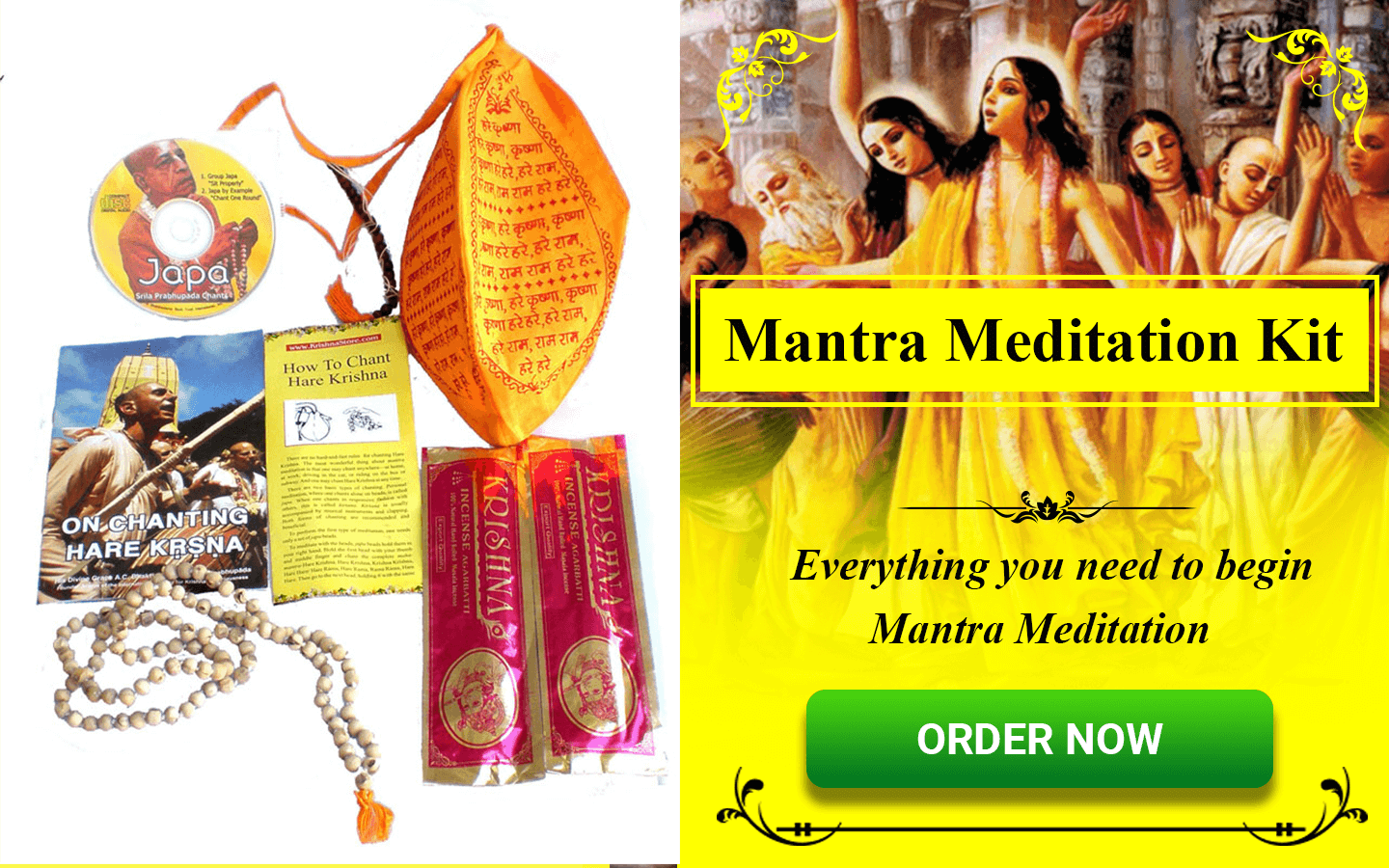Chapter 2: Contents of the Gita Summarized
Bg 2.3
TEXT 3
klaibyam ma sma gamah partha
naitat tvayy upapadyate
ksudram hrdaya-daurbalyam
tyaktvottistha parantapa
naitat tvayy upapadyate
ksudram hrdaya-daurbalyam
tyaktvottistha parantapa
SYNONYMS
klaibyam—impotence; ma—do not; sma—take it; gamah—go in; partha—O son of Prtha; na—never; etat—like this; tvayi—unto you; upapadyate—is befitting; ksudram—very little; hrdaya—heart; daurbalyam—weakness; tyaktva—giving up; uttistha—get up; parantapa—O chastiser of the enemies.
TRANSLATION
O son of Prtha, do not yield to this degrading impotence. It does not become you. Give up such petty weakness of heart and arise, O chastiser of the enemy.
PURPORT
Arjuna was addressed as the "son of Prtha," who happened to be the sister of Krsna's father Vasudeva. Therefore Arjuna had a blood relationship with Krsna. If the son of a ksatriya declines to fight, he is a ksatriya in name only, and if the son of a brahmana acts impiously, he is a brahmana in name only. Such ksatriyas and brahmanas are unworthy sons of their fathers; therefore, Krsna did not want Arjuna to become an unworthy son of a ksatriya. Arjuna was the most intimate friend of Krsna, and Krsna was directly guiding him on the chariot; but in spite of all these credits, if Arjuna abandoned the battle, he would be committing an infamous act; therefore Krsna said that such an attitude in Arjuna did not fit his personality. Arjuna might argue that he would give up the battle on the grounds of his magnanimous attitude for the most respectable Bhisma and his relatives, but Krsna considered that sort of magnanimity not approved by authority. Therefore, such magnanimity or so-called nonviolence should be given up by persons like Arjuna under the direct guidance of Krsna.
Copyright (c) 1972 by His Divine Grace A.C. Bhaktivedanta Swami Prabhupada











